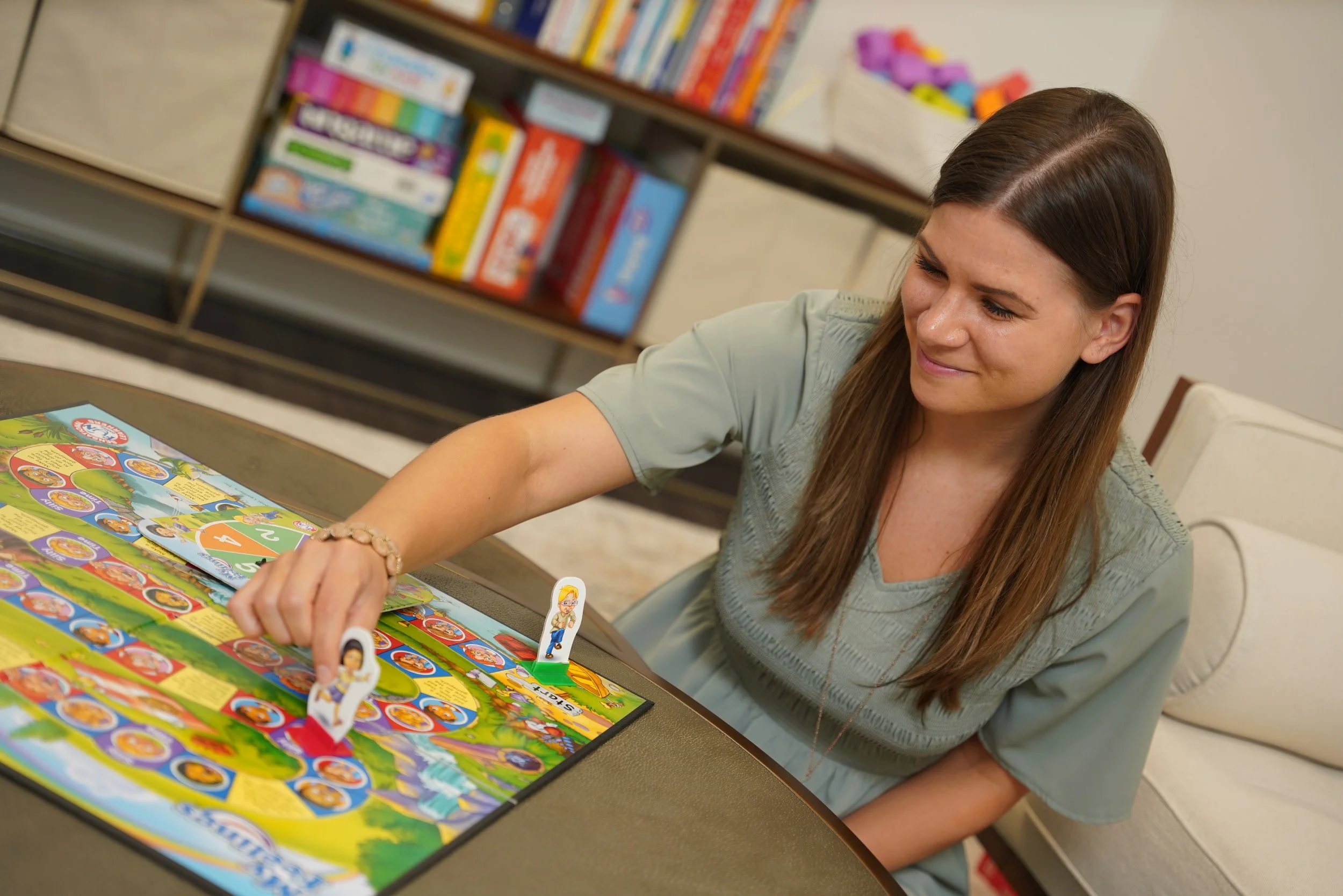Whether you are a parent, grandparent, or guardian, navigating the complexities of raising a child with another caregiver can be challenging. While divorce is the most common reason for co-parenting, there are many situations that can require the need for two or more individuals to make important decisions directly impacting a child’s upbringing. Disagreements, when not addressed directly and equitably, can often lead to conflict.
When caregivers expose their children to the arguments, distrust, and anxiety that can arise from these situations, there is the potential for lasting trauma to be inflicted. By opening a dialog with a Licensed Professional Counselor, both parties are committing to put the child’s well-being as a priority. This approach dissolves the previous and existing relationships between the caregivers and allows the counselor to mediate a “business-like” relationship moving forward. Over the course of several sessions, a curriculum will be presented that provides a framework for successfully co-parenting children.
Throughout co-parenting counseling, co-parents will delve into various topics, including:
The impact that divorce has on the children, both parents, and the family system as a whole
Effective communication and conflict resolution
A better understanding of the child’s experience
How to avoid unhealthy and toxic behaviors
How to include step-parents in the process
Developing a practical co-parenting plan
Although co-parenting may be one of the most challenging and complex tasks to navigate, counseling provides co-parents an opportunity to learn, heal, and grow throughout the process so that they are able to raise their children in the healthiest way possible.
We hope you’ll consider working with one of our therapists in co-parenting counseling . Follow these steps to begin counseling in Houston, TX and San Antonio, TX:
1. Contact our counseling clinic to set up a free consultation,
2. Meet with a therapist
3. Begin co-parenting counseling
Recent Posts





